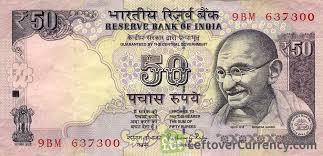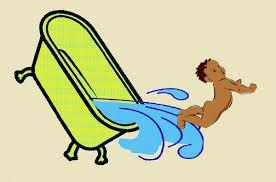 Libertarians tend to be skeptical toward government because it too often uses sledgehammers to kill ants, throws babies out with bathwater, and punishes the many for the sins of a few. (Like TSA, incapable of smart targeting, punishes all air travelers; confiscating, because of some past liquid bomb plot, the coffee bottle my wife forgot was in her bag.)
Libertarians tend to be skeptical toward government because it too often uses sledgehammers to kill ants, throws babies out with bathwater, and punishes the many for the sins of a few. (Like TSA, incapable of smart targeting, punishes all air travelers; confiscating, because of some past liquid bomb plot, the coffee bottle my wife forgot was in her bag.)
Advocates of free market economics do not actually call for “unfettered” capitalism. Just like we’re all subject to laws against jaywalking and murder, etc., the same principle applies to businesses, to protect us from harm. But there can be too much of a good thing.
India is a clear lesson, having suffered, since independence, from its founders’ infatuation with the idea of socialism, producing an excess of government and regulation. It’s been called the “Licence Raj.” Whatever notional harm this thicket of rules supposedly protected the public against, that was far outweighed by suffocating the economy and thereby keeping Indians a lot poorer than they need have been. (Another sardonic Indian expression for this was “the Hindu rate of growth.”) Thankfully, India started undoing all this after a 1991 financial crisis, and Narendra Modi’s government, elected in 2014, promised to do more to let business do business.
But two recent episodes show that India hasn’t unlearned its bad habits.
Government’s main economic role should not be constraining businesses, but facilitating them, by creating the conditions for commerce to thrive. For example, a sound judicial system wherein legal disputes can be fairly and efficiently resolved. Another critical role is providing a money supply, the lubricant of commerce.

Punishing the many for the sins of a few; a sledgehammer to kill an ant; a baby thrown out with bathwater. (Meantime, it doesn’t even seem that black marketeers were inconvenienced much. Unsurprisingly, they found ways around the restrictions.)

Punishing drunk driving makes sense. Punishing an entire legitimate industry– indeed, the entire country — does not. More sledgehammers and ants; babies and bathwater. The victims of this insanity also include state and local governments, which stand to lose billions in alcohol taxes. But many are taking evasive action, by hastily reclassifying state highways into district or municipal roads. Some wags say the true reading of the new rule is “No road shall be classified as a highway within 500 meters of a bar.”

